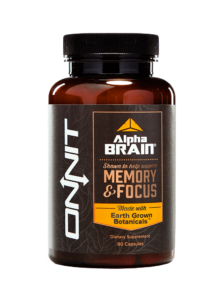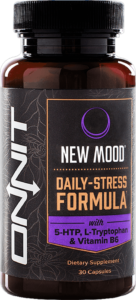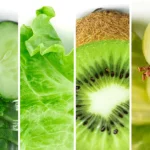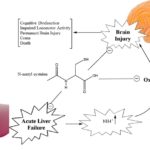Nootropics: What’s Hype & What’s Worthwhile?

Viagra For The Brain?
There is a lot of talk nowadays about nootropics or “smart drugs” especially after the movie “Limitless”. “Limiteless” is a movie about a pill that makes everything you want to do easy.
For some reason, every news agency wants to paint Provigil as the real life “limitless pill”. Provigil is a drug prescribed for narcolepsy, but its off-label use has sparked a whole bunch of controversy and a black market of smart drugs.
Nootropics Overview
Now that you are aware of some of the controversy, we are going to talk about what is a real nootropic, what are the risks, how did this all start, and are there any natural nootopics worth trying?
A true nootropic is said to increase cognitive abilities, have very few side effects, have a very low potential for abuse/addiction, and to not be a stimulant.
Right out of the gate, many “nootropics” like Adderall, Provigil, and even caffeine are no longer regarded at true nootropics.
This is a quick run down on 13 different synthetic and natural nootropics from Dave Asprey
The History
The first major smart drug was piracetam which kick started a whole bunch of analog compounds known simply as “the racetams”. Piracetam was shown in clinical studies to increase the communication between opposite hemispheres in the brain.
This was show to increase problem solving, and critical thinking to a slight degree. The racetams gained some fame in the 1980’s when an analog called phenylpiracetam caused a bunch of Russians to win a gold medals in the Olympic Games.
Phenylpiracetam is a stimulant, makes one more resistant to cold and pain, and also enhances cognition and motivation.
It is still legal to buy as a supplement, and it is only illegal if you are a professional athlete because it falls under the category of “performance enhancing drug”.
The Russians created and tested many more racetams including Noopept, aniracetam, and oxiracetam. They all have differing effects and dosage ranges, but they all raise levels of acetylcholine in our brains which supports focus, learning, and memory.

Acetylcholine:
Synthetic substances even like the racetams that we know to be fairly safe still come with risks and side effects.
The racetams all raise acetylcholine in the brain, and there are natural substances that can do this too!
A Natural Racetam Equivalent?
My favorite natural nootropic stack is Alpha Brain (image/link at bottom of page). It is like a natural form of a racetam!
They use Alpha-GPC (GPC = glycerophosphocholine) as the source of choline so a large percentage of it converts into acetylcholine. It also raises levels of human growth hormone (HGH) which can help us stay fit.
Why Alpha Brain?
There is an acetylcholinesterase inhibitor called huperzine a which means that it stops the break down of the acetylcholine in our neurons. One compound upregulates acetylcholine, and one compound keeps it around longer.
There are many other neuroprotective herbal extracts like Cat’s Claw extract (AC-11) and brain friendly supplements like vitamin B6. It helps with focus AND with relaxation because the Bacopa monieri herbal extract is a nervine in it that calms nervousness.
Onnit Labs from Austin, Texas
Onnit Labs, the company that makes Alpha Brain, also makes a supplement called New Mood. It is an herbal nootropic in my opinion, but it helps you focus by reducing stress levels in our own bodies and minds.
Note: in this video below Tim Ferriss talks about nutritional ketosis, and exogenous ketones as being his most potent nootropics! Our link to our article on ketosis is below along with the info about New Mood by Onnit Labs.
Tim Ferriss Shows Us Some Natural Nootropics:
We Agree with Tim…
We prefer a more natural approach to brain and cognitive health. For example, if you are eating an organic and low chemical and toxin-free, therapeutic diet with the right balance of healthy fats, then your brain will be working amazingly!
Supplements are great in addition to a healthy diet, but don’t use a synthetic drug to shortcut a healthy diet.
In addition to structural components and signaling molecules for you brain like uridine, citicholine, and omega-3’s, there are many other supplements that that can increase your ATP output.
Read our Full Article on Synaptogenesis here if you want to learn how to rebuild your brain with structural components.
ATP & Oxidative Stress in The Brain
When our mitochondria produce more ATP, which is basically the fuel that cellular reactions run on, our brain works better. There are common, safe, and well tested supplements that will give you more energy physically and at a cellular level.
Co-enzyme Q10 or simply CoQ10 is a well tested and tolerated substance that not only helps us produce more ATP, but it also helps to reduce oxidative stress. Creatine is very well- known for this in the body building world, but it can also help your brain as a substrate for ATP.
Read Our Full Article on ATP if you want to give your brain and body more natural energy.
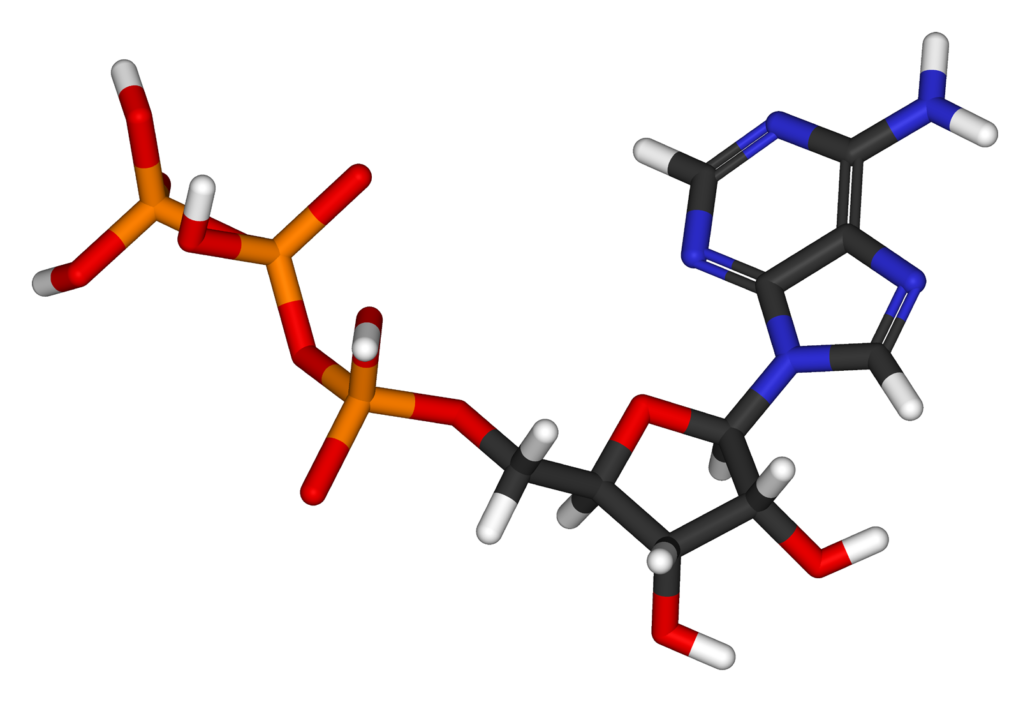
Ketones and The Brain
Whether or not the ketones are synthetic or naturally produced by our liver, our brain prefers ketones over glucose. Our brains will spare glucose in order consume ketones, and the reaction is so consistent that we can actually measure it with an equation.
Coconut oil and MCT (Medium Chain Triglycerides) oil are a great suppliers of capryllic acid and capric acid. These MCT’s very easily become ketones in the liver and have the ability to raise blood level of ketones.
Coconut oil and Alzheimer’s Disease
A woman who also happened to be a neuroscientist realized that her husband had the early onset of Alzheimer’s Disease. Alzheimer’s is now being called “Type 3 Diabetes” because it is an issue of an inability to metabolize blood sugar specifically in your brain.
She gave him coconut oil and MCT oil and his condition greatly improved. Now coconut oil DID NOT CURE his disease. What it did was it allowed him to get an alternative source of fuel for his brain to use. His brain still cannot use sugar, but it can use ketones.
The wisdom for us in all of this is that even if we are not in nutritional ketosis, we can use coconut oil and MCT oil to fuel our brain because our brain prefers ketones, and our liver can easily convert the MCT’s into ketones.
Read our Full Article on Nutritional Ketosis if you want to learn more about high fat/low carb diets.
Below is our favorite MCT oil. It is made with only organic coconuts, and it is a great source of the best MCT’s for ketone production. This is the favorite MCT of Dave Asprey and Tim Ferriss as well.
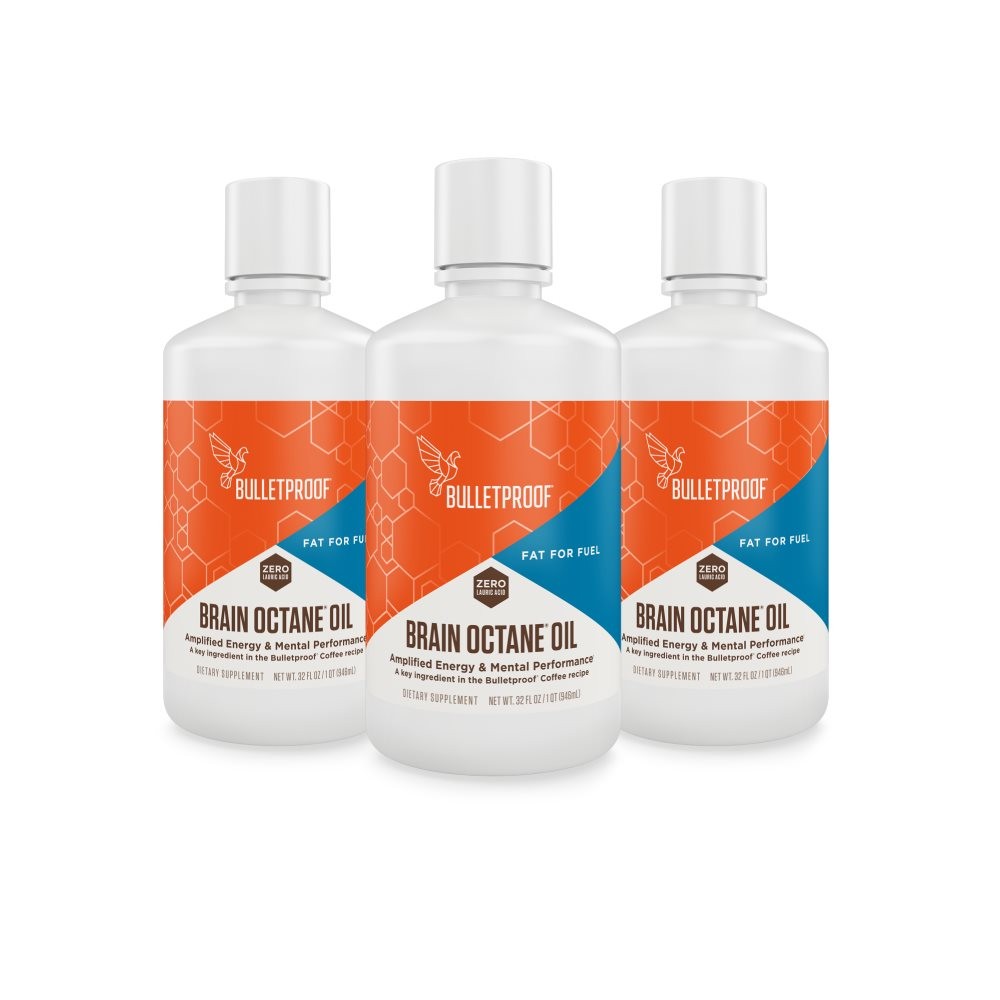
Herbal Nootropics
Besides nutrition, what are some other kinds of supplements that I can use to improve my cognitive function? There are many herbs called adaptogens that adapt to whatever is causing the body stress, and it helps to balance this.
Many adaptogens like Rhodiola Rosea are much safer than chemicals because they have been used for thousands of years in some cases, and in many cases, they even have more clinical data to back them than most synthetic nootropics.

Rhodiola Rosea
The reason I bring up Rhodiola or “Golden Root” extract is that it fits the classic definition of a nootropic which is: low addictive rating, low side effects, improves cognition, and is not a stimulant.
Rhodiola also has other benefits besides cognitive enhancement like weight loss, stress relief, and mood enhancement instead of a lot of negative side effects like many of the synthetics.
Natural Nootropic Stacks
Whenever someone takes multiple nootropics (supplement, synthetic, or herbal) they call it a “stack”. A stack can combine the best effects of multiple substances, and even balance out some of the negative side effects.
With natural substances, there are fewer side effects and often more known benefits. Because of this, we are able to stack more natural supplements, extracts, and herbs together to get the best effects with the least risk.
My Current Favorites!
Below are my current two favorite herbal nootropic stacks that enhance mood and cognition. These are the ones that I mentioned above.
Click the picture of the product you are most interested in to learn more about that product.
FDA Compliance
The information on this website has not been evaluated by the Food & Drug Administration or any other medical body. We do not aim to diagnose, treat, cure or prevent any illness or disease. Information is shared for educational purposes only. You must consult your doctor before acting on any content on this website, especially if you are pregnant, nursing, taking medication, or have a medical condition.
